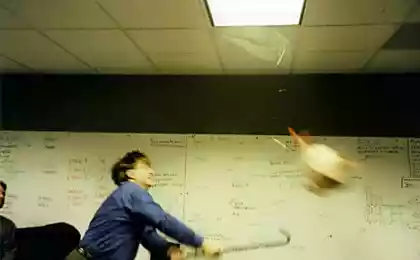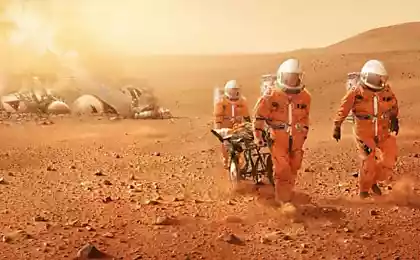251
Thesis: how to write high quality and without "burning" deadlines: top 3 tips

The thesis work - bachelor's or master's - is a scientific work. This means that the approach to their implementation should be appropriate. Here you need:
- determine the novelty of the topic under study;
- arrange work in accordance with qualification requirements;
- prepare for a public defense of the work.
There is also a painted structure of such works and their content. All this can be read in manuals and other documentation provided by the department or a specific teacher in charge of the defense. But we will give some practical advice, which is usually not written in the methodological literature on the preparation of theses.
The company "Kursovichok" will help with writing term papers, theses, as well as other student papers. We have gathered a circle of people who have relevant theoretical and practical knowledge in all areas and in a variety of areas. Specialists-consultants will help not only to write, but also tell you how to correctly protect the work, check the correctness of the calculations, tell you how to correctly complete the theoretical part of the task.

Reading literature: starting with 50 sources
Any scientific work begins with a study of already conducted research on a specific topic. That is, for starters, you need to sit down for books, open monographs and articles on topics that are freely available.
The general recommendation is this - if you want to write a qualified paper that covers the current level of knowledge in a particular issue, you should start with at least 40-50 papers. And gradually strive for the indicator of 100 scientific papers read and analyzed. These are not necessarily thick books and monographs of 1000 pages. But in any case, these should be different opinions of experts on the topic. And here it is important not just to re-read student publications on the subject, but to select those that can be called sources of theoretical information:
- works of scientists with a scientific degree, published during scientific conferences;
- publishing articles of those who have a high citation index, deal with the topic as the main one or the subject of his work is related to the one being developed;
- monographic research on the topic, which can be presented in the format of a book, a series of publications.
Another good source of information is raw sources, i.e. documents, statistics, reports, etc. Such primary sources are already practically a dissertation, an attempt to substantiate one's opinion on the basis of practical information without the interference of the analysis of other scientists. But of course, in order to analyze this data, it is necessary to accumulate a significant amount of them, and for conclusions, it is necessary to substantiate the relevance and coverage of information, their compliance with scientific criteria for collecting and evaluating primary data.

Thesis: more creativity than technical data
Writing a thesis is actually more of a creative job than a technical one. It is necessary to select a grain of truth from a multitude of disparate data and information. And show it in a text that is understandable in content and meaning. Any technically literate text does not convey the thoughts of the author, does not show the depth of his knowledge and the work he has done. Simply accumulating information that is not related to each other does not carry any value. Therefore, the thesis must confirm:
- systematic thinking and scientific approach to work;
- skills to express thoughts, argue them, use an understandable and accessible scientific language apparatus in the presentation;
- the author's horizons, his involvement in the subject and knowledge in a particular scientific field.
This, in fact, is a confirmation that the student turns into a real specialist in a certain direction.
A psychological test that will help you figure out what type of man is right for you
Ratings of casinos and bookmakers























